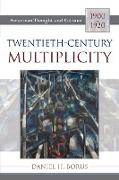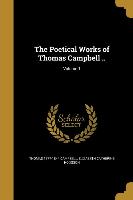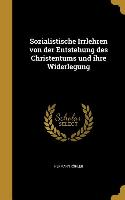- Start
- Twentieth-Century Multiplicity
Twentieth-Century Multiplicity
Angebote / Angebote:
Twentieth-Century Multiplicity explores the effect of the culture-wide sense that prevailing syntheses failed to account fully for the complexities of modern life. As Daniel H. Borus documents the belief that there were many truths, many beauties, and many values--a condition that the historian Henry Adams labeled multiplicity--rather than singular ones prompted new departures in a myriad of discourses and practices ranging from comic strips to politics to sociology. The new emphasis on contingency and context prompted Americans to rethink what counted as truth and beauty, how the self was constituted and societies cohered and functioned. The challenge to absolutes and universals, Borus shows, gave rise to a culture in which standards were not always firm and fixed and previously accepted hierarchies were not always valid. Although itself strenuously challenged, especially during the First World War, early twentieth-century multiplicity bequeathed to American cultural life an abiding sense of the complexity and diversity of things.
Folgt in ca. 10 Arbeitstagen




